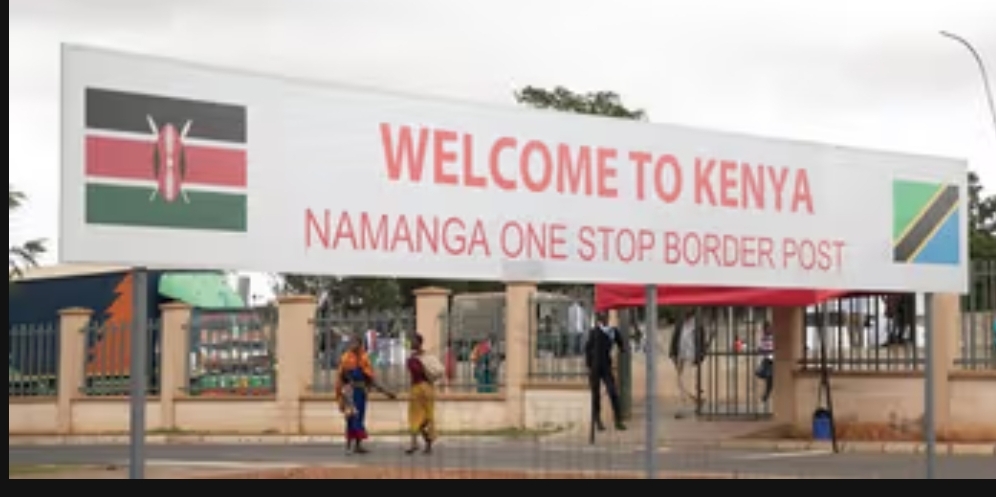TANZANIA’S ELECTION CRISIS SLOWS KENYA-TANZANIA TRADE
Tanzania’s recent presidential election has plunged the East African nation into severe political turmoil, causing significant disruptions that have now spilled over to affect neighboring Kenya.

The re-election of President Samia Suluhu Hassan on November 1, 2025, with an overwhelming 97.66% of the vote, amidst the exclusion of her main rivals, sparked violent protests across Tanzania.
These demonstrations resulted in deadly clashes, widespread unrest, and a government crackdown involving internet shutdowns and heavy security measures.
The unrest was fueled by accusations of an unfair electoral process, with opposition parties and international observers questioning the legitimacy of the vote due to the barring of key opposition figures and reports of voter intimidation.
The opposition party Chadema maintained that the elections were a sham and called for a fresh vote, while human rights organizations reported lethal force used by security agencies against protesters.
The government’s tough stance, including arrests and suppression of dissent, has intensified tensions across the country.
This political crisis in Tanzania has had ripple effects on cross-border trade with Kenya. The heightened insecurity, transportation disruptions, and tightened border controls have slowed the movement of goods and people.
Many Kenyan traders who depend on seamless trade with Tanzania face delays and increased costs as supply chains are impacted by the protests and government restrictions.
This slowdown threatens livelihoods on both sides of the border, especially in border counties where small-scale traders are vital economic players.
The border disruptions come at a challenging time for the East African region, which relies heavily on cross border commerce to fuel local economies.
The slowdown in trade has caused shortages of some commodities in Kenyan markets and slowed the flow of exports to Tanzania.
Regional economic integration efforts are also being tested as political instability in one country compromises shared commercial ambitions.
Analysts note that the current political upheaval in Tanzania, unlike previous peaceful transitions, reveals underlying fractures including youth dissatisfaction, stalled reforms, and internal political rivalries.
The crisis underscores how fragile political stability can impact not only a country’s internal affairs but also its neighbors through economic and social channels.
Kenyan leaders and traders alike are watching developments closely. While efforts continue to ensure border operations return to normal, there is growing concern about the long term economic implications if Tanzania’s political landscape remains unsettled.
The hope among regional stakeholders is for dialogue and reforms that address grievances peacefully, restoring stability that benefits both Tanzanians and Kenyans engaged in vibrant cross border trade.
This ongoing crisis highlights how political events in one country can swiftly affect regional stability and economic wellbeing, emphasizing the interconnectedness of East African nations and the need for sustained peace and democratic governance to foster shared prosperity.
